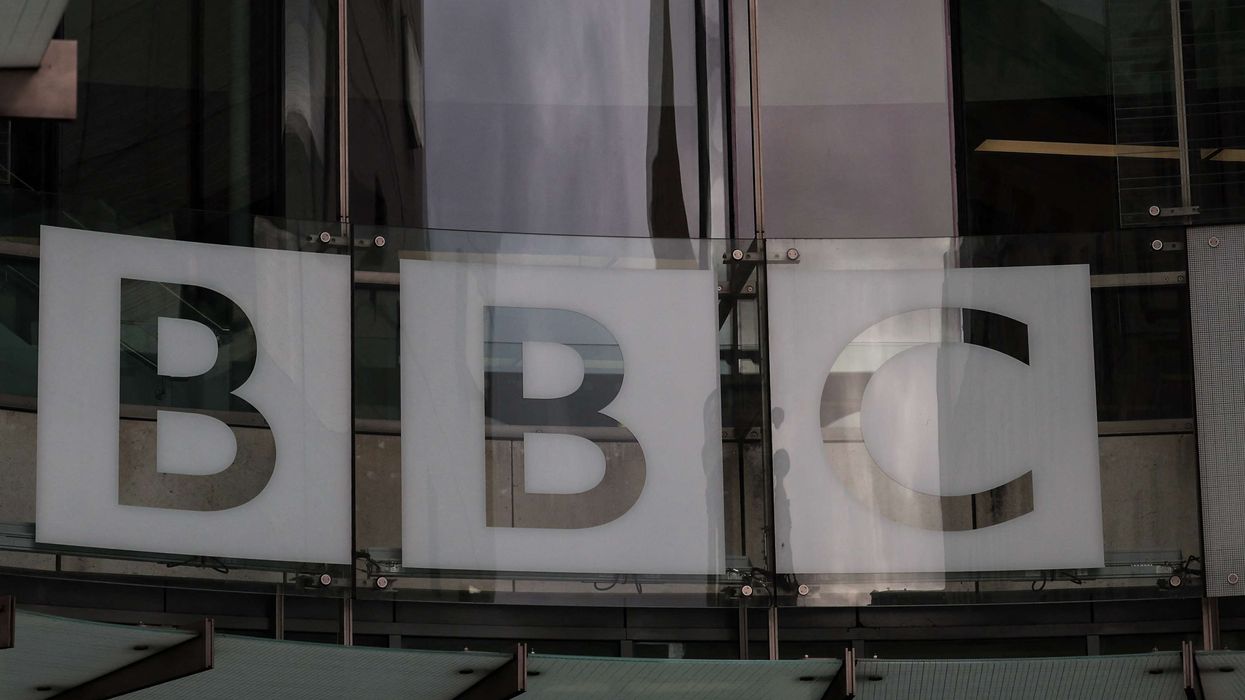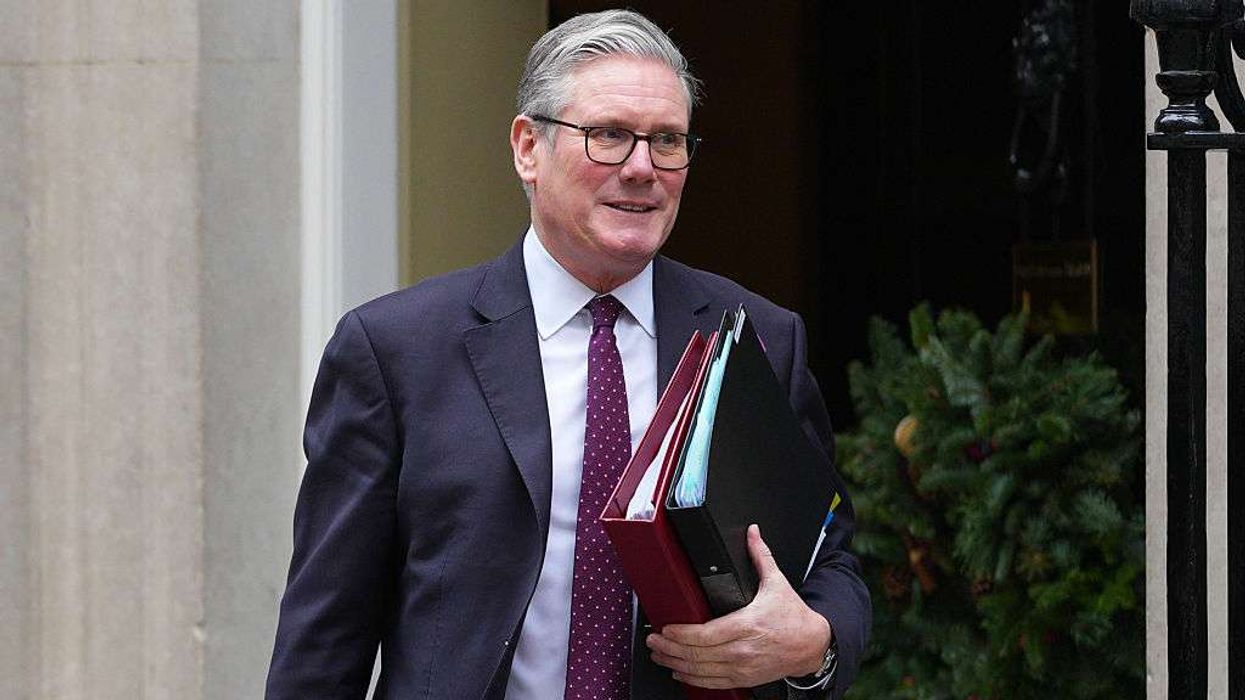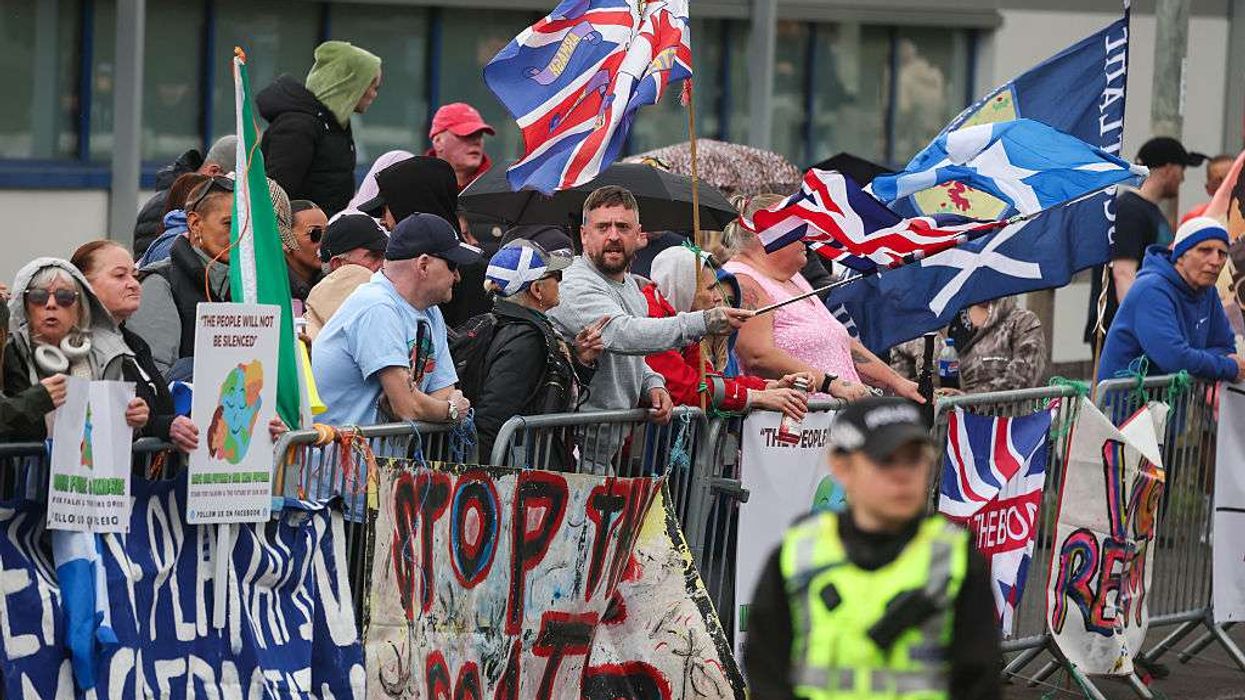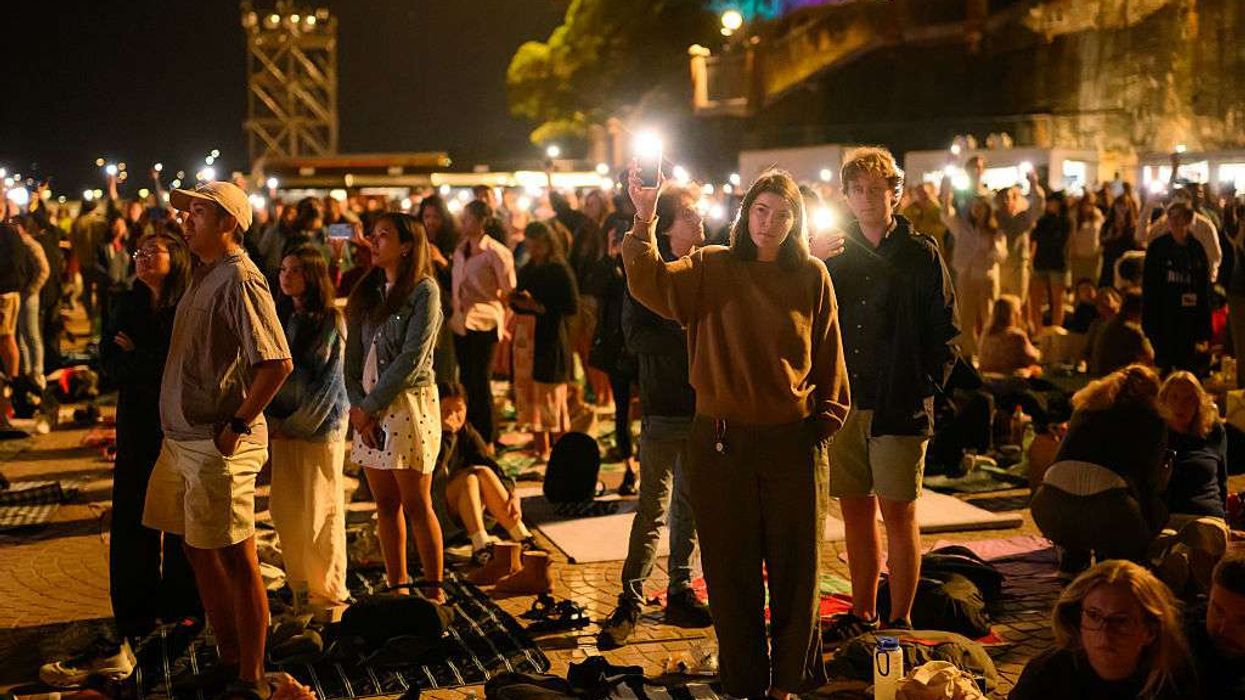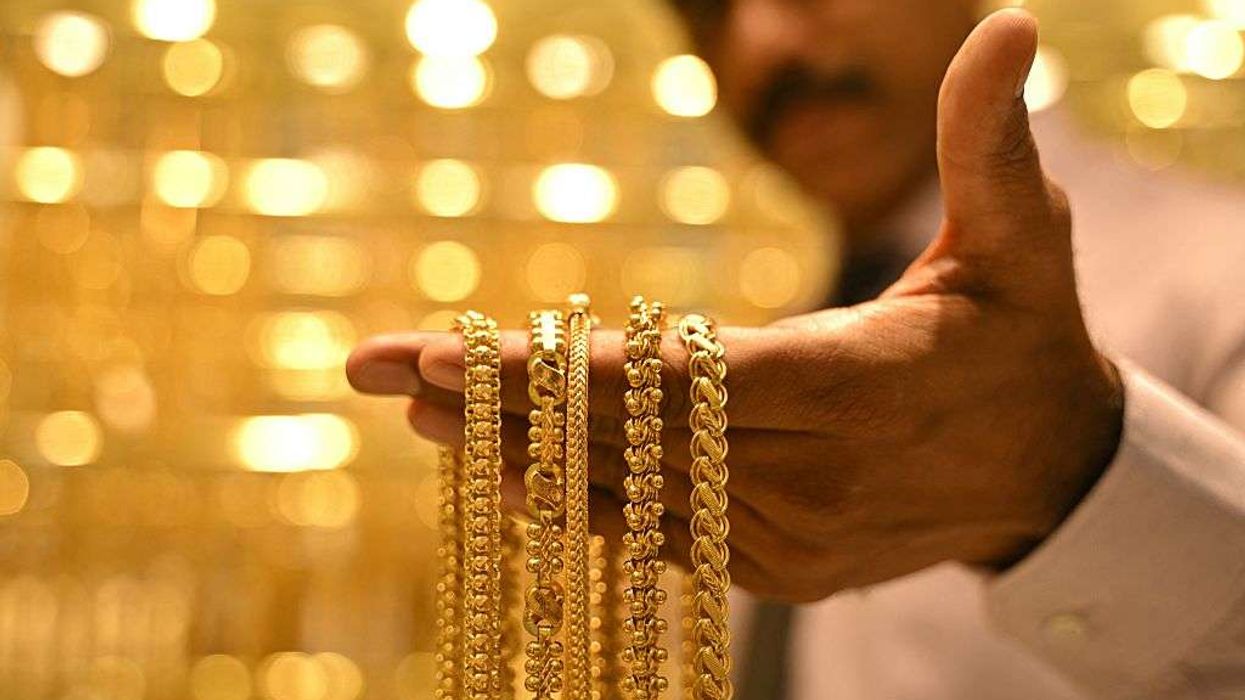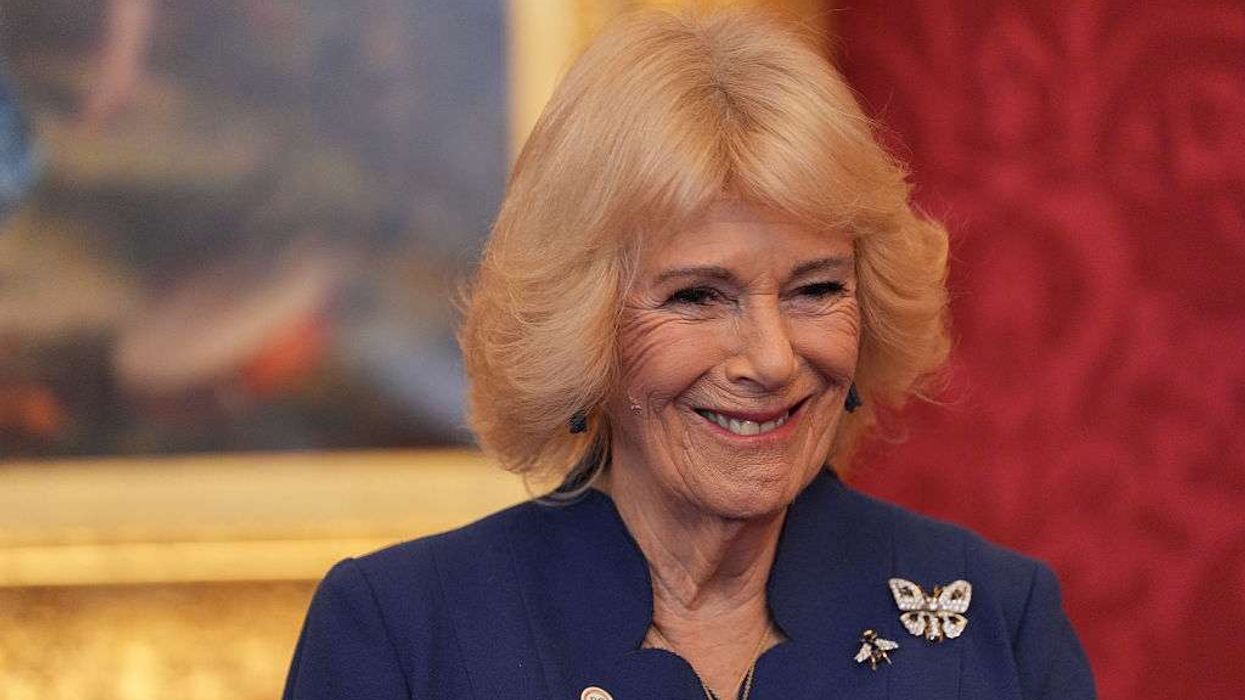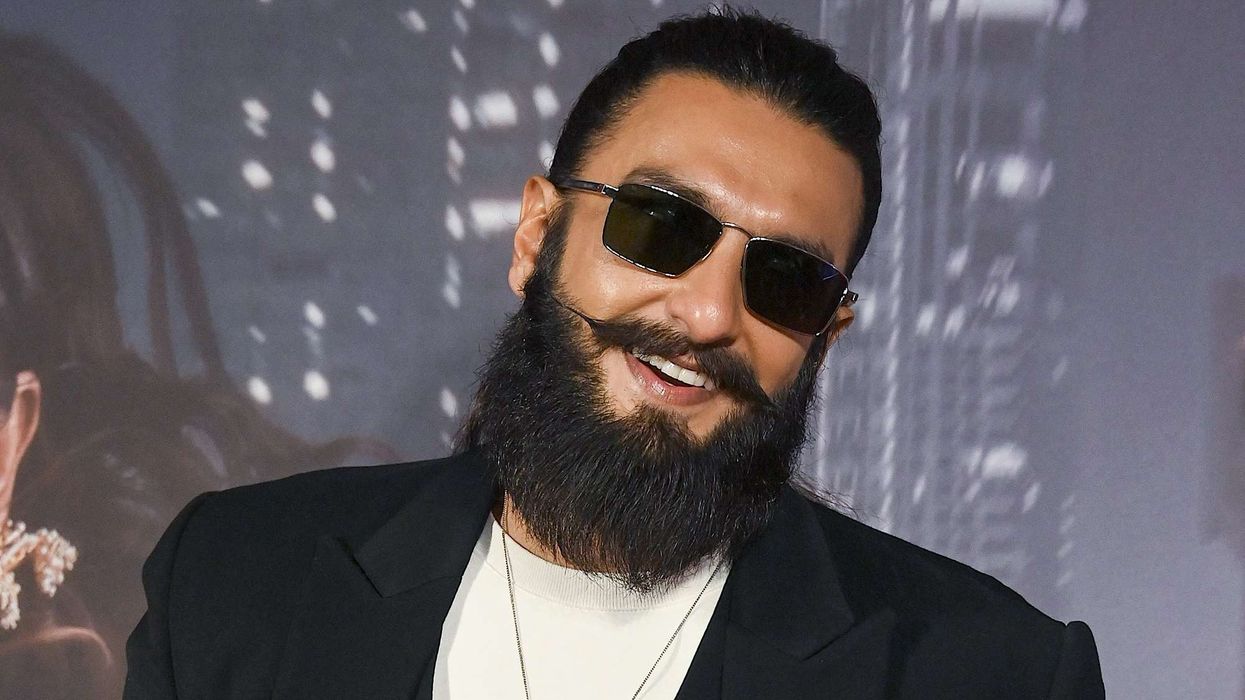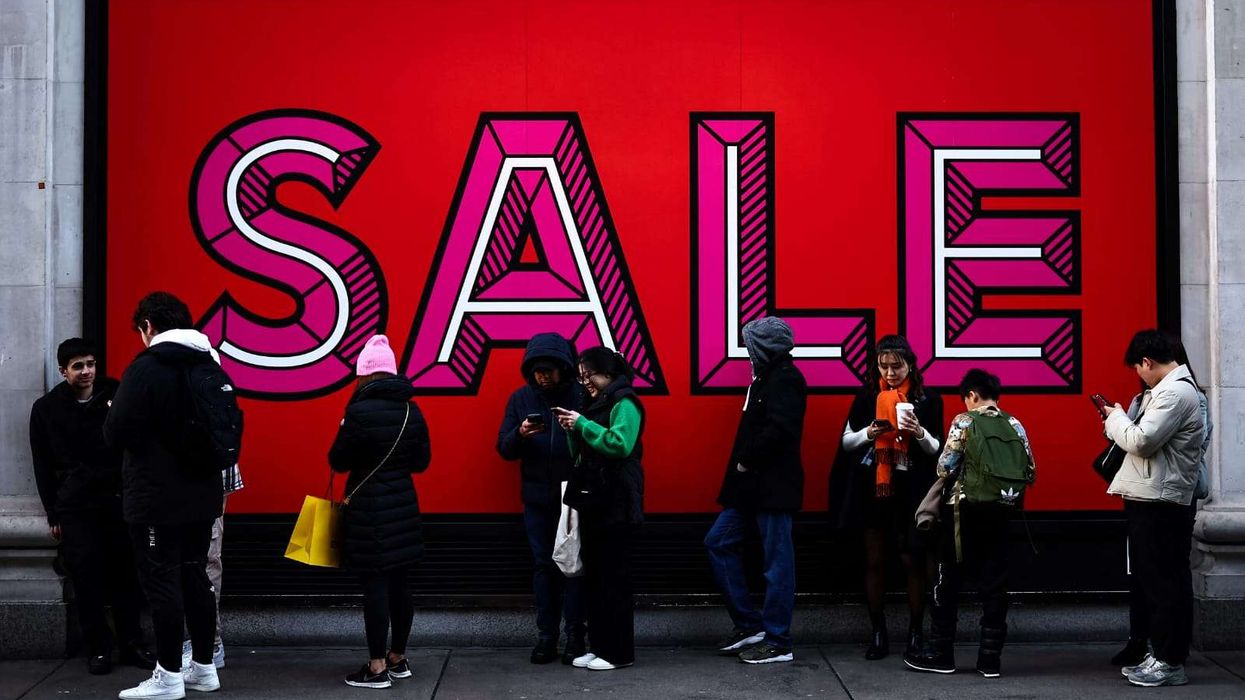THE BBC has apologised to US president Donald Trump for the way a clip of his January 6, 2021 speech was edited in a 2024 “Panorama” documentary, but said there is no basis for his defamation claim.
The documentary, broadcast just before the 2024 US presidential election, combined three parts of Trump's speech from the day his supporters stormed the Capitol. The edit gave the impression he had called for violence.
“While the BBC sincerely regrets the manner in which the video clip was edited, we strongly disagree there is a basis for a defamation claim,” the broadcaster said on Thursday.
BBC's Samir Shah Apologises After Trump Speech Edit Row
Trump’s lawyers had warned on Sunday that they would sue the BBC for damages of up to 1 billion dollars unless the documentary was withdrawn, an apology was issued and compensation was paid for “financial and reputational harm.”
APOLOGY FROM CHAIR, NO PLANS TO REBROADCAST
The BBC said it did not agree with Trump’s legal claim and did not address his financial demand. It said Chair Samir Shah had “sent a personal letter to the White House making clear that he and the corporation were sorry for the edit.” Shah had earlier apologised to a British parliamentary oversight committee, calling the edit “an error of judgement.”
Culture secretary Lisa Nandy said on Friday that apologising to Trump was the correct step.
“They've rightly accepted that they didn't meet the highest standards and that's the basis on which the chairman of the board has offered this apology to the President of the United States,” she told Times Radio.
The BBC said on Thursday that it has no plans to rebroadcast the documentary. It also said earlier in the day that it was examining new allegations reported by The Telegraph about the editing of the same speech by its “Newsnight” programme.
The broadcaster is facing one of its biggest crises in decades after two senior executives resigned over allegations of bias, including the handling of Trump’s speech. The issues emerged after a leaked report by a BBC standards official.
Founded in 1922 and funded mainly through a licence fee paid by TV viewers in Britain, the BBC currently has no permanent leader while the government considers future funding arrangements. Prime minister Keir Starmer said on Wednesday that he supports a “strong and independent” BBC.
(With inputs from agencies)
